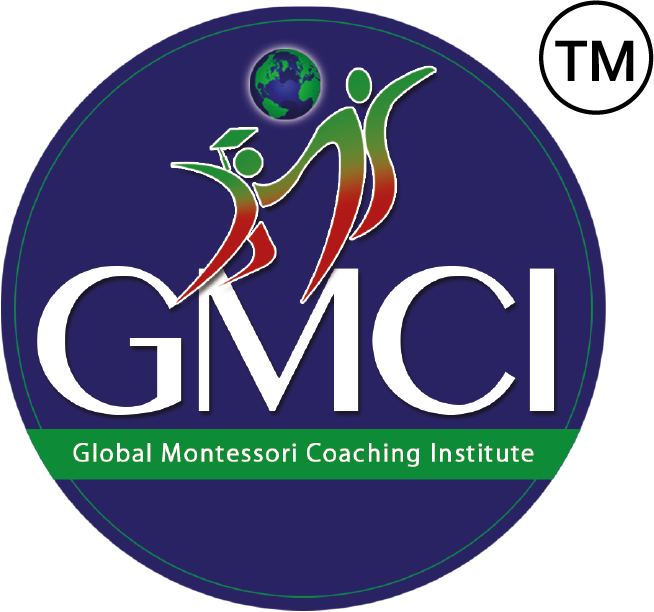Master child psychology
Early Childhood Care & Education Diploma

Duration:
1 year

Certified Trainers:
Receive instruction from Certified Trainers

Mode of Training:
Online
- 1 year diploma with recorded lectures
- Access free courses
- Practical based learning
- A chance to learn from experts
- The Trainer Support (Online)
- Huge job opportunities
Online via Zoom and WhatsApp
Learn how to become a teacher for young children's care and education
Early childhood care and education offer opportunities for children to explore and learn in a safe and nurturing environment. It supports their overall growth, promoting language development, problem-solving abilities, and emotional regulation. Moreover, interactions with trained caregivers and educators foster positive relationships, promoting a sense of security and self-esteem.
Why Early Childhood Care & Education is important?
Early childhood care and education (ECCE) is critically important for a child’s overall development and lays the foundation for their future success. Here are some key reasons why ECCE is significant
The early years of life are a period of rapid brain development. High-quality early childhood education provides stimulating experiences that help shape the architecture of the brain, establishing strong neural connections that support future learning and cognitive abilities.
ECCE programs prepare children for formal schooling by developing essential skills such as language development, numeracy, problem-solving, and social interaction. Children who receive early education are better equipped to succeed academically and socially in primary school and beyond.
ECCE focuses on building social skills, emotional intelligence, and self-regulation. Children learn how to interact with peers, share, cooperate, and manage their emotions, setting a foundation for healthy relationships and overall well-being.
Early childhood education promotes language development, vocabulary expansion, and effective communication. These skills are crucial for academic success and future career prospects.
ECCE programs foster critical thinking, creativity, curiosity, and problem-solving skills. Children engage in hands-on activities that promote exploration, experimentation, and the development of a growth mindset.
Research indicates that children who participate in high-quality early childhood education are more likely to perform well academically, graduate from high school, and pursue higher education.
Early childhood education can help narrow the achievement gaps that may arise from socioeconomic disparities. Access to quality ECCE programs can provide children from diverse backgrounds with an equal footing when entering formal schooling.
ECCE programs often incorporate health and nutrition components, ensuring that children receive proper care and attention to their overall well-being during their critical early years.
Early childhood education encourages parental involvement and provides parents with guidance on child-rearing practices, early learning strategies, and fostering a positive home environment for their child's growth.
ECCE can identify developmental delays, learning disabilities, or behavioral issues early on, enabling timely interventions and support that can make a significant difference in a child's developmental trajectory.
Quality ECCE programs consider the holistic development of a child, encompassing cognitive, physical, social, and emotional aspects. This well-rounded approach prepares children for success in various aspects of life.
Investments in early childhood education yield substantial returns for society. A well-educated and skilled workforce contributes to economic growth and stability by reducing future social and economic costs related to remedial education, unemployment, and crime.
In essence, early childhood care and education provide a solid foundation for a child's lifelong learning, social integration, and overall well-being. By investing in ECCE, society promotes the potential of every child, regardless of their background, and helps shape a brighter and more inclusive future.
Welcome to our comprehensive 12-month Early Childhood Care Education (ECCE) diploma program!
ECCE Module Breakdown
1
ECCE Methodology
In this module, you will learn about the foundational principles of Early Childhood Care Education. You’ll gain insights into the various teaching approaches, curriculum development, and classroom management techniques that are best suited for young learners.
2
Child Psychology
Understanding the minds of young children is crucial for effective teaching and caregiving. In this module, you’ll explore child development theories, cognitive, emotional, and social milestones, and how to create a nurturing environment that fosters a child’s growth and well-being.
3
Pre-School Teaching
This module will equip you with the skills needed to become an exceptional pre-school teacher. You’ll learn about age-appropriate lesson planning, engaging educational activities, and strategies to create a stimulating and inclusive learning environment for preschoolers.
4
Circle Times
Circle time is a fundamental aspect of early childhood education, promoting group participation, social skills, and language development. In this module, you’ll discover innovative ways to conduct circle time activities that capture children’s interest and encourage active participation.
5
Soft Skills
Beyond academic knowledge, soft skills play a crucial role in a child’s overall development. This module focuses on nurturing essential soft skills such as communication, empathy, problem-solving, and creativity, which are vital for children’s personal and academic success.
We provide
- Unique methods of learning
- Certificates as an award
Job opportunities after doing the diploma
Completing an Early Childhood Care and Education Diploma in Pakistan opens pathways to becoming a preschool teacher, early education coordinator, daycare supervisor, or childcare provider. This diploma equips you with the essential skills to support young children’s development, implement effective teaching methods, and contribute to their growth and learning during their formative years.
READY TO TAKE THE FIRST STEP TO A SUCCESSFUL CAREER?
ENROLL NOW!
FREQUENTLY ASKED QUESTIONS
At least one should have passed matriculation.
This opportunity is open to both parents and individuals aspiring to pursue a teaching career.

